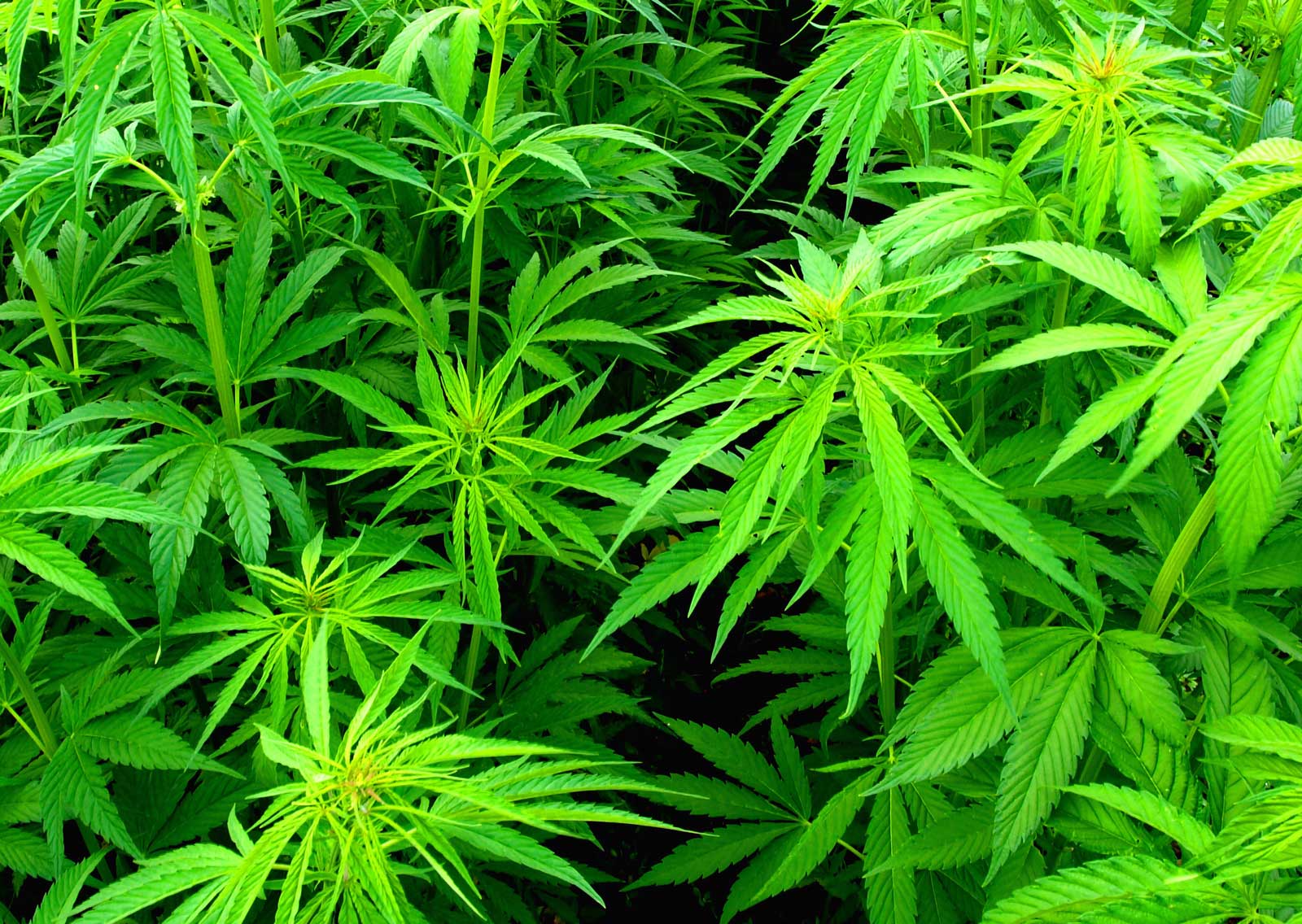
HHS Recommends Reclassification of Cannabis to Schedule III: This is just the beginning
In a significant development, on August 29, 2023, Assistant Secretary for Health at the Department of Health and Human Services (HHS), Rachel Levine, sent a letter to the Drug Enforcement Agency (DEA) advocating for the reclassification of cannabis from a Schedule I drug to a Schedule III drug under the Controlled Substances Act. While this move has received praise from some in the cannabis industry for at least beginning a discussion about reclassification of cannabis, it has also sparked a debate over the potential negative repercussions of such a reclassification. Overall, declassification, rather than reclassification, is better for the cannabis industry.
The proposal to reclassify cannabis as a Schedule III drug would still maintain it as a controlled substance, meaning that consumers would need a prescription to purchase or use it legally. The implications are far reaching and could mean that adult-use/recreational cannabis may not be allowed. This move has drawn criticism for potentially further benefiting the pharmaceutical industry, which has the resources to navigate the regulatory framework surrounding prescription medications. Critics argue that this could hinder the progress made in recent years to decriminalize and regulate cannabis, and instead, reinforce the dominance of pharmaceutical companies in the industry.
Moreover, the reclassification of cannabis could also have serious implications for the interstate commerce of cannabis and cannabis-related products. As a Schedule III substance, the movement of cannabis across state lines could become even more complex, potentially stifling the growth and development of a legitimate, regulated, and interstate cannabis market.
Advocates for cannabis reform argue that reclassifying cannabis as a Schedule III drug might not be the most effective approach. Instead, they suggest that the more appropriate action would be to remove cannabis from the list of controlled substances entirely by declassifying cannabis and handling cannabis under a similar regulatory structure as alcohol. This approach would allow for greater regulatory control and the potential for increased medical and recreational use while addressing public health concerns.
While the full impact of this proposed reclassification remains uncertain, it is clear that the move is not without its drawbacks and challenges. As policymakers and stakeholders continue to debate the future of cannabis regulation in the United States, it is imperative that they consider the potential consequences and unintended consequences of such a significant decision.
The reclassification of cannabis from Schedule I to Schedule III is a step that could reshape the landscape of cannabis policy, and its implications will undoubtedly be the subject of intense scrutiny and debate in the coming months.

